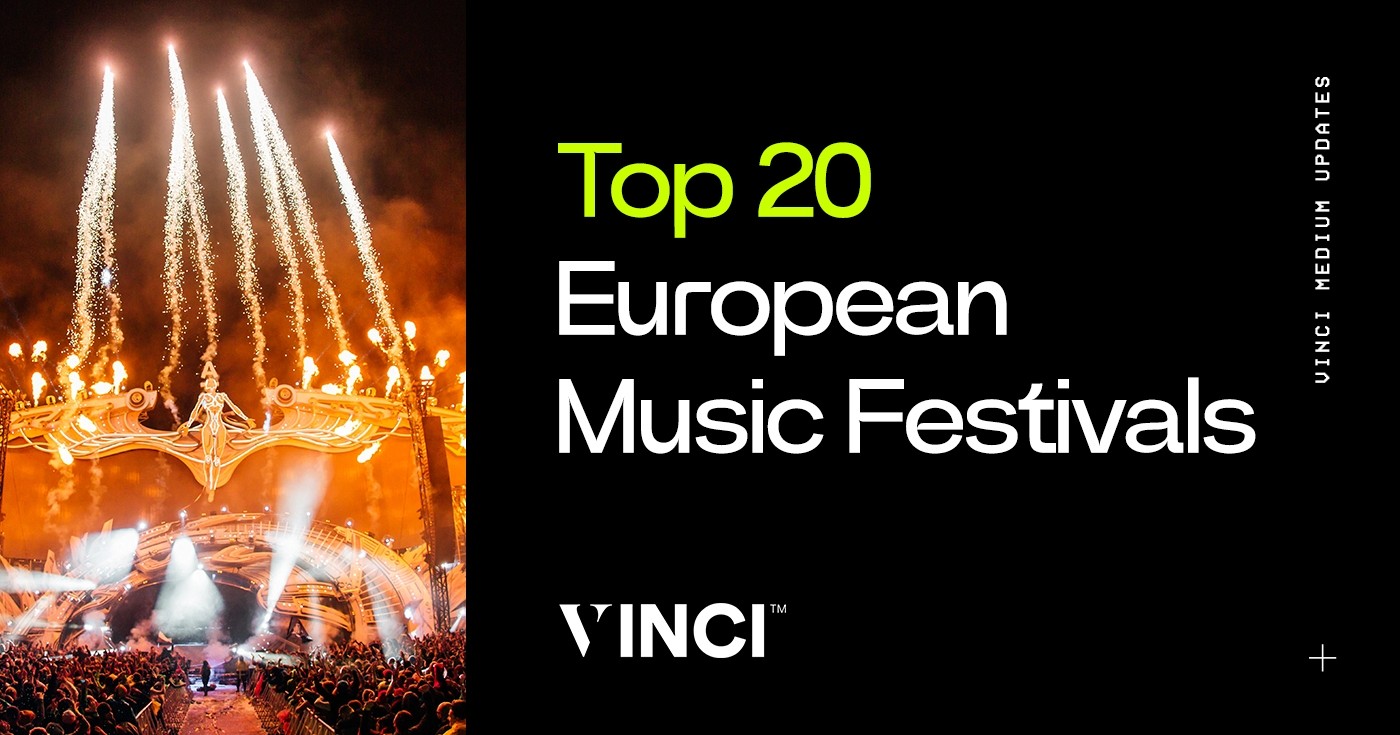Guide
Why is culture so important in society?
Exploring how art and music influences society and keeps culture alive.
Sep 1, 2022
The aim of this article is to explore how/why art and music culture are important in society. It is true that music can be considered a category within art, but we have gone and separated the two to examine them further.
What is culture?
Culture, in its broadest sense, consists of social behavior, institutions and norms found in human societies. In addition, it also includes knowledge, beliefs, arts, customs, laws and habits of individuals within a specific group. However, for the sake of simplifying this article, we are focusing on how art and music culture play a role in society.

Relationship between music culture and society
Music has been a prevalent component of human life for centuries, from early humans who gathered in caves to sing songs with primitive instruments, up until current-day large-scaled festivals. It is safe to say that culture is a means of ensuring stability and survival of a society, and music plays an important role towards the conservation of culture. Here are some ways in which music has had, or has, an effect on society today:
Music is a beautiful element of life used for several types of occasions or celebratory purposes such as weddings, funerals, birthdays, events or religious celebrations, etc. Furthermore, it has an effect on the way we dress, talk, feel, behave, etc.
We can even go as far as saying that worldwide music cultures have had an effect on other cultures thanks to old migratory patterns. A good example of this would be the influence Brazilian music has had from West African slaves who brought the sounds and rhythms to the nation and pave the path for generations of Brazilian artists.
One of the functions of music is to ensure survival of a societal group, and can serve as a database for storing shared knowledge, bringing people together, sharing stories, traditions, political movements and much more.
Traditionally, music was all about sharing stories and preserving culture. However, in the 20th and 21st century, it has taken a drastic turn. Music labels, streaming platforms and large artists have been using culture and appropriating it to make a profit. Nonetheless, with the rise of Web3, the musical landscape is moving towards an increasingly democratized formula, where musicians are able to own, preserve and benefit from their own creations.

Relationship between art and culture
Art has been an integral part of society throughout history. It is the physical representation of a culture's views, beliefs, and practices that reflects on the spirit of people through drawing, painting, folklore, etc. Here are several means by which art has an effect on society:
Art is a universal language that is capable of crossing cultural boundaries and can serve as a vehicle to bridge cultural gaps. The beauty of it is that it can be understood by any language, as well as interpreted differently per individual.
Art also serves as a record/database of a culture's history. This helps with preservation, understanding and promotion of culture for future generations.
Art is used as a means to educate individuals on the history of a culture, as well as help develop a creative skill that can be used for self expression. It helps us form an identity.
Art is an excellent way to express and process emotions positively. The process of creating art can bring a feeling of freedom and help create positive connections with other cultures.
Although there are many positive sides to art culture, there are still numerous facets that can be improved. One example of this is the fact that new artists rarely get the chance to profit off their work. Furthermore, many artists feel like they are forced to follow a specific formula, or style, which hinders their creative process and ability to preserve culture the way they wish to. This is where Web3 comes into play, and shines a glimpse of hope for future creators wishing to preserve culture and take control of their creations.

A healthy and prosperous culture is a positive reflection of a heterogeneous community, which is vital to the development of society. This is why we, at VINCI, work tirelessly to explore and provide solutions that fix the disconnection between creators, industries and consumers. Our goal is to improve creator access to revenue streams, streamline how artists engage with their respective communities, and reduce cultural boundaries through preservation of music and art.
stay in the loop


